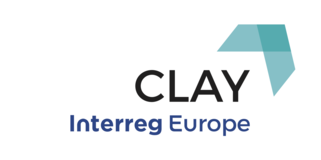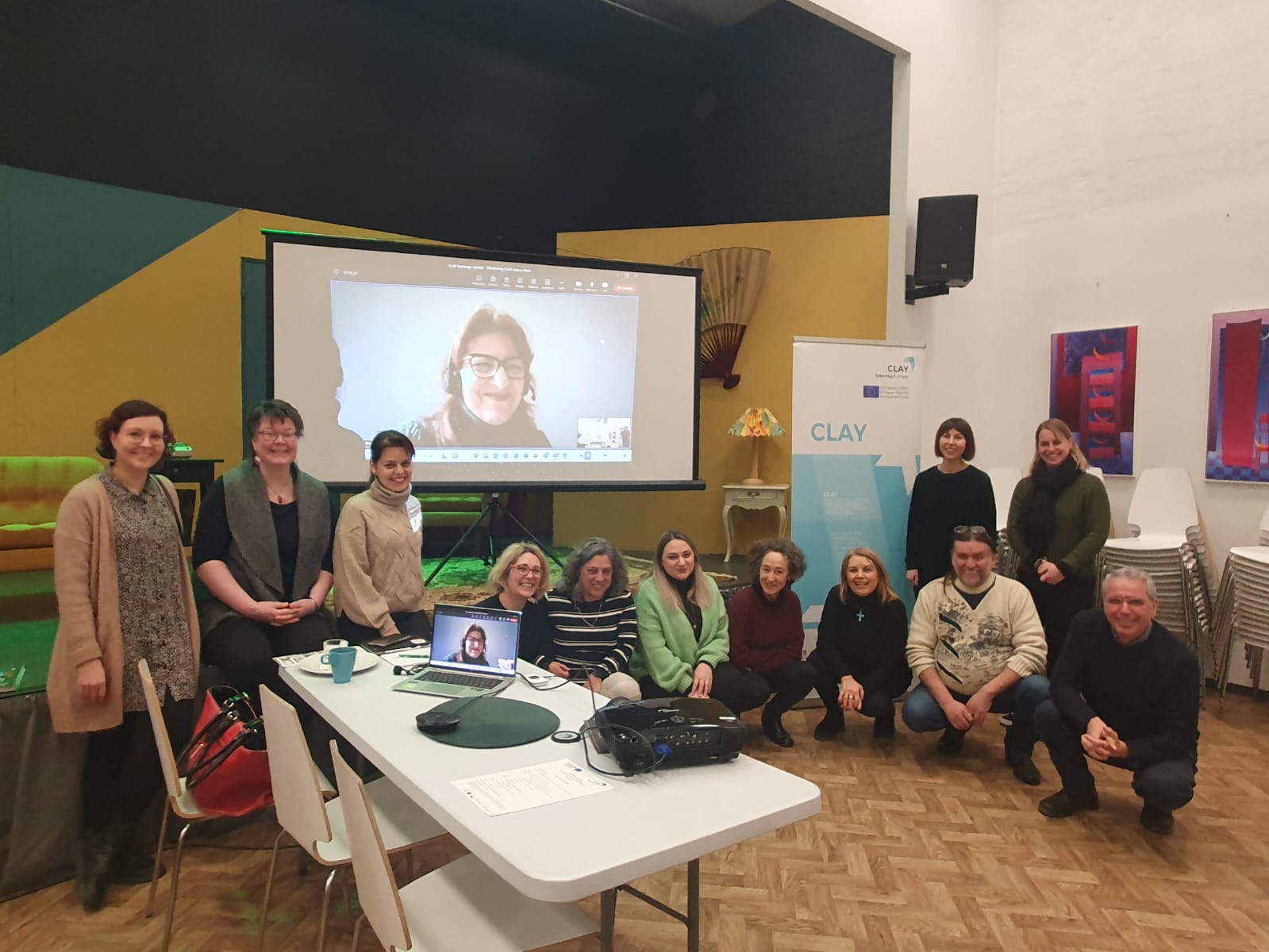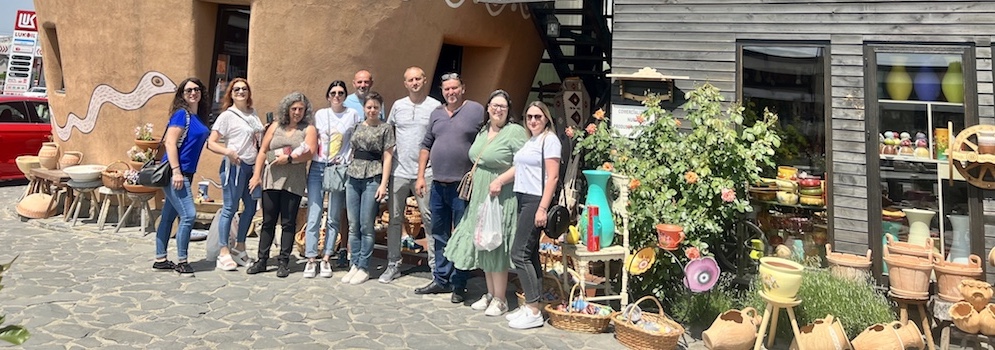The second session foresaw a series of speeches to show the new instruments to support SMEs after the pandemic crisis.
Umbria Region opened the session with the speech of Franco Billi, Head of International Relations, Corporate Finance and Internationalization of the Production System: Umbria Region has adopted measures aimed at the flow of liquidity. The contrast to the negative economic effects of Covid-19 has been addressed with financial instruments, even with very simplified measures. The ERDF was used, with a modified regulation that made it possible to give a part of the grant as a non-repayable grant and a part as a loan. The "Restart" project, for example, provided € 25,000 at a subsidized rate, but the expenses directly to the pandemic could be financed as a non-repayable grant up to a maximum of 50% of the total funding.
Eugene Savulescu (Regional Development Agency South West Oltenia - Romania): there has been direct financial support (for instance to pay salaries) which, however, did not apply to micro-enterprises, which represent about 80% of the ceramic sector companies. The local authorities were involved in the local support structure, with an exchange of experiences and with financing lines.
Pia Kattelus (Regional Council of South Ostrobothnia - Finland): the “survival plan” for the summer 2020 was updated in January 2021, in cooperation with the key stakeholders. Additional state funding was provided for business development and salary support, self-employed workers were supported as well.
Jorge Brandão (CTCV: Technological Center for Ceramics and Glass - Portugal): the priorities for the region have been to restore the economy and protect employment; to promote restoration in the following decade; to foster social and economic cohesion. An important objective is to make companies more resilient and innovative, also through climate and digital transformation.
Alexandra Beaudrouet (Association for the development and promotion of the European ceramic center - France): the emergency plan of April 2020 aimed at supporting companies with financial simplified measures which led to 30 million euros distributed. In July, a transition and technological plan was implemented, to solve challenges such as women resilience and mobilization of territories. The region succeeded in the digital and environmental transition.
Emanuela Bossi (Umbria Region) presented the CLAY Pilot Action in Umbria: a “New support scheme to facilitate Ceramic SME access to innovation Services”, which enables ceramic SMEs to access expert innovation services provided by the local research and innovation ecosystem. The Pilot Action tests an innovative support scheme, based on a triple-helix stakeholder approach (Public Authority – University – Business), where Umbria Region facilitates collaboration between SMEs and the local University (University of Perugia) for the delivery of expert innovation services to ceramic businesses. Since the beginning of the CLAY project, the University of Perugia has been an active stakeholder, highlighting and presenting knowledge, skills and innovations in the field of ceramics. There are no other research centers on ceramics in Umbria. The scheme aims at boosting regional competitiveness by bridging the gap between innovation needs of local ceramic SMEs and innovation expertise available in the regional research ecosystem. As such, it matches the needs of ceramic SMEs in terms of product, process and marketing innovation, with high-level R&I skills available in the University of Perugia.
Professor Terenzi (University of Perugia - Civil engineering and environmental department): in the department, she represents the design sector, therefore she works on the material/immaterial values of companies. The responses that the department will give to the companies will be related to specific objectives, but not all the needs are achievable, therefore they have to be commensurate with the business reality.
Professor Runfola (University of Perugia - Economics department), when asked how he thinks he will support the companies’ needs in the marketing sector, states that it is pivotal to keep relations with international customers (business to business and business to consumer) and to develop foreign markets also through digital tools.











